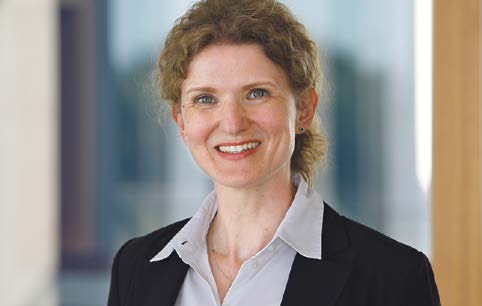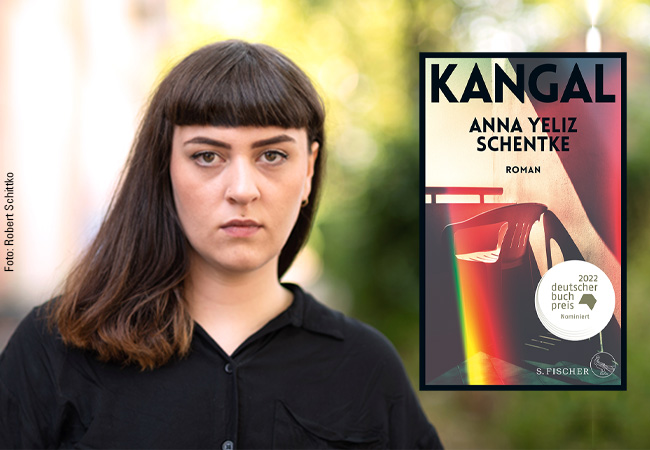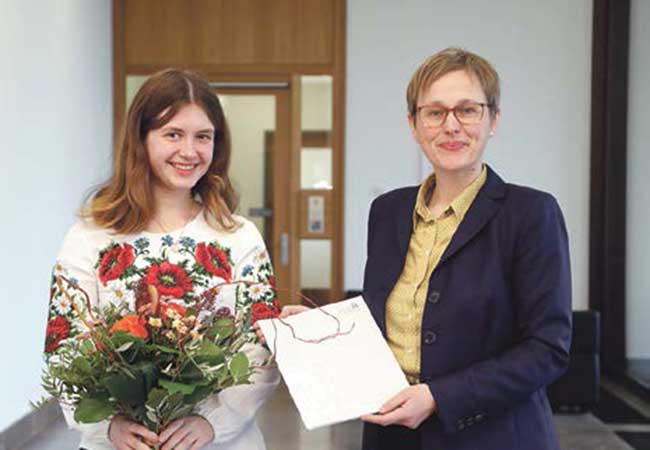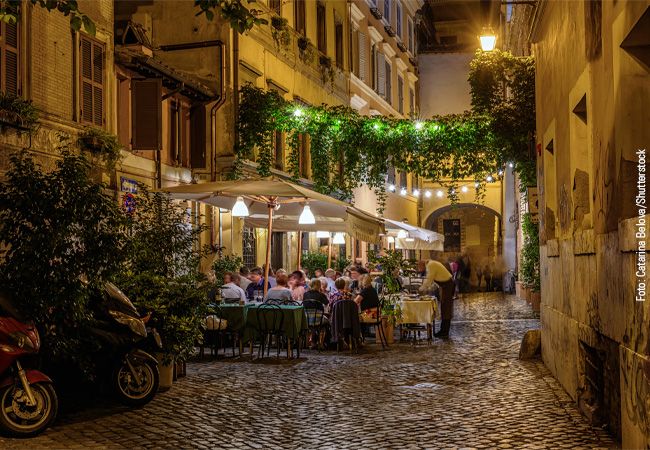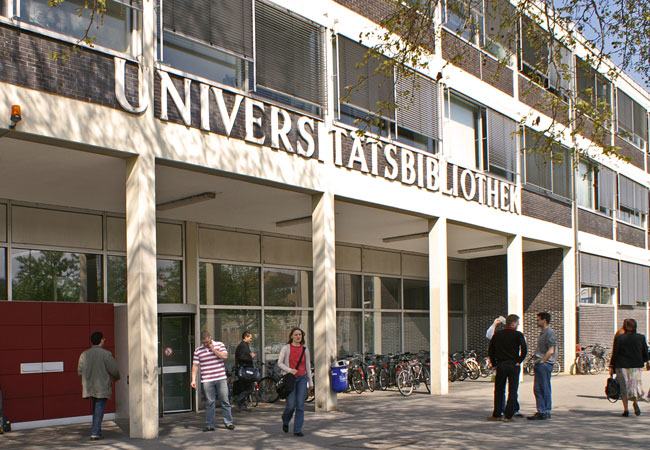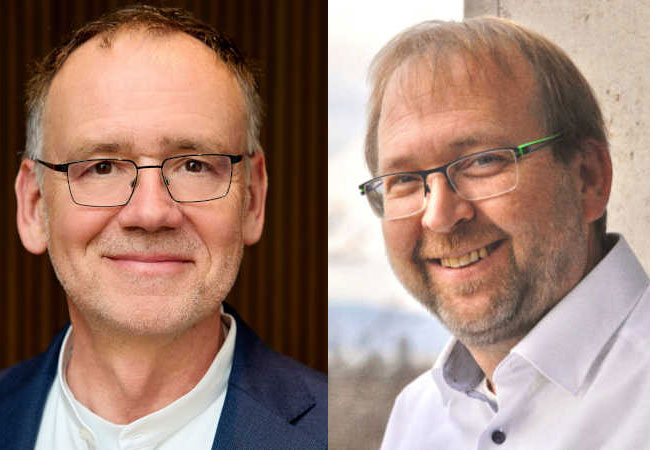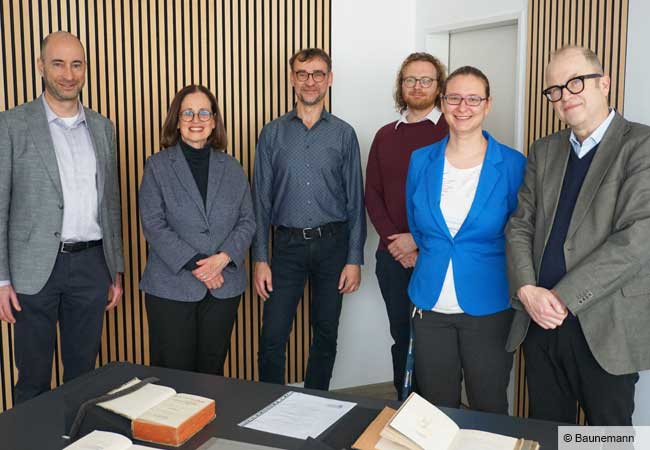As a fellow at the Forschungskolleg Humanwissenschaften, political scientist Dr. Nojang Khatami is researching how the liberal democratic orders can be revitalised with a stronger ethos of solidarity.
UniReport: Dear Nojang Khatami, in your research project you are dealing with how to curb xenophobia and how to promote solidarity against the background of diversity. Why do you think newer approaches are needed, what cannot be adequately explained with traditional theories and methods?
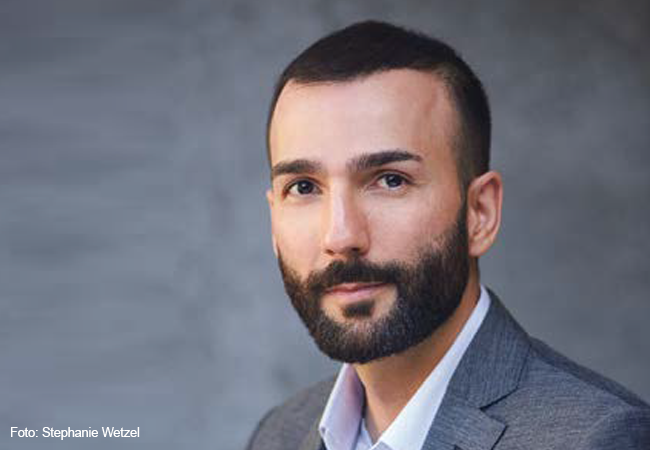
Nojang Khatami: Some of the prominent approaches in addressing the question of solidarity in societies marked by deep diversity include multiculturalism, deliberative democratic theory, and citizenship and migration studies. These approaches broadly emphasize norms such as inclusion, accommodation, and respect for diversity within the framework of the rights and responsibilities that citizens have toward one another. While these theories contain valuable insights that are often applied through norms and policies, they all tend to overlook – or at least downplay – the ways in which marginalized peoples can remain disempowered or dominated even when they are formally included as part of the demos. This is where I believe we need crucial interventions to infuse our liberal democratic orders with a stronger ethos of solidarity by attuning citizens to the lives of others through narratives. For a democracy to flourish, we need to have familiarity with the narratives that constitute the identities of those we live among: that is what the aesthetic approach I have in mind emphasizes. The experience of art provides a space of transformation that demands we see ourselves, and those with whom we engage, as multidimensional, complex beings whose beliefs, vulnerabilities, and identities matter. This idea draws inspiration from the American novelist Toni Morrison’s eloquent testimony to how literary narrative “encourages ways to experience the public – in time, with affect, in a communal space.” In this sense, attention to aesthetics can help to navigate cultural differences and generate solidarity in ways that complement and deepen existing approaches.
Which countries or cultures do you have in mind when you talk about „deep diversity“? Are they (rather) Western countries where immigration fuels xenophobia?
When we think of places marked by deep diversity, the first examples likely to come to mind are the multiethnic societies of Western Europe and North America. Cities like Frankfurt, Paris and London to New York, Toronto and Los Angeles are some of the prominent hubs hosting a sometimes tense interplay of conviviality and xenophobia. These are in fact among the main sites I think of when addressing questions of diversity. But it is helpful to remember that in many other parts of the world, there are numerous ethnic and linguistic differences within nations, calling for ways to bring about solidarity within diverse polities. Just one example would be a nation like Peru, where diversity of ethnic identities leads to contestation and requires ways to respond to ethnic exclusion. Insights drawn from an aesthetic approach should therefore have a wider scope of applicability, with the caveat that each case calls for appreciation of context.
You want to use the political meaning of „artistic narratives“ for your work; is this about biographical testimonies, or also narratives as they are reflected in the artwork itself? Can you give an example of an artistic narrative (person)?
The field of aesthetics is quite broad and can include everything from visual art and film to music, poetry, literature, and many other forms of expression in between. Though I am building my project to include more of those facets over time, I am particularly interested in narrative forms, including both fictional and autobiographical kinds. Some powerful examples of the former include the works of contemporary novelists like Elif Shafak, Esi Edugyan, and Viet Thanh Nguyen. Non-fiction and testimonial accounts often leave a strong impression as well: memoires of writers like Ta-Nehisi Coates and Behrouz Boochani, for instance. And then there are examples in the realm of autofiction, like Ayad Akhtar’s Homeland Elegies. Whichever genre these forms of narrative may reside in, the most significant commonality is that they are tapped in to the realm of culture where stories circulate and continue to be exchanged. Narratives – whether poetic, literary, testimonial, or a fusion of these – serve to disrupt and complicate settled views or prejudices about those with whom we share a common world. The key for respect and appreciation of the lives of others, as I see it, is to engage with the multiplicity of stories and perspectives in the cultural sphere to gain greater depth of understanding about others. This position may come up against charges of naïveté and romantic thinking, but it is far from a set of groundless claims or mere intuitions. There is an enduring body of sophisticated philosophical work as well as recent insights in moral psychology and communication studies underscoring the power of stories to transform readers through engagement with other worldviews. What I aim to work out in the long term is how to continue bridging those literatures with democratic theory to address the political imperative of solidarity.
A question about your stay: How do you feel about your stay at the Forschungskolleg, what do you (particularly) like about it?
Staying at the Forschungskolleg Humanwissenschaften has been invigorating in many ways. Conversations with the Fellows in residence are a real pleasure and something I look forward to each week, while colloquium sessions with other scholars passing through here provide a welcome exposure to fascinating work in other disciplines. The surrounding woodland, the singing birds and silent snowfalls create an inspiring atmosphere to think and write, and all of this together has already made for a memorable experience.
Interview: Dirk Frank


